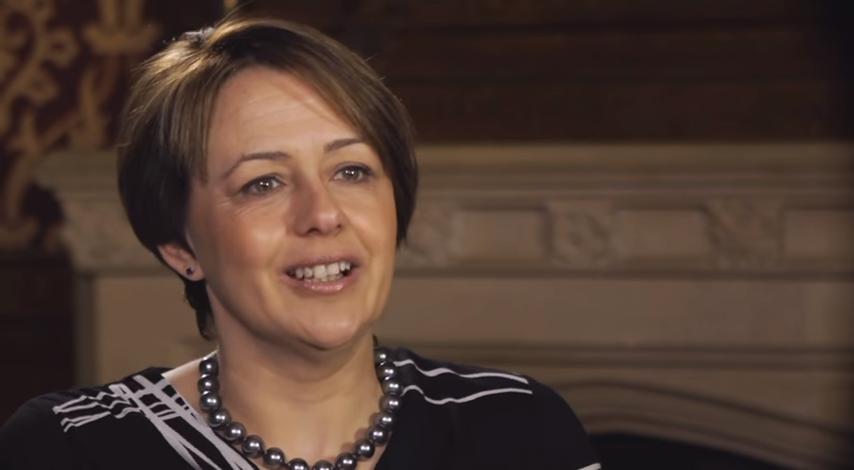UK Paralympic Gold Medalist Says Doctor Suggested an Abortion Because Disabled People Might ‘Spread’

An 11-time paralympic gold medalist who was born with spina bifida says that she was offered an abortion when she became pregnant years ago because of thinking that disabled people like herself might “spread.”
“When I was pregnant, I lost count of the number of people who asked me how I got pregnant,” Baroness Tanni Grey-Thompson explained on a recent episode of the podcast “Stumps, Wheels and Wobblies.” “And actually, the first thing I was offered at my first scan was a termination because ‘People like you shouldn’t have children,’ I was told.”
She said that the doctor “had some quite complicated views on disability.”
“And it was [the mindset that] we might breed and we might spread,” Grey-Thompson recalled. “I had to answer lots of questions about, ‘What will you do if it’s disabled?’”
She refused the suggestion to abort and gave birth to her daughter Carys, who is now a teenager.
Co-host Hannah Dines said that she wished it could be said that such thinking is a matter of the past.
“No,” chimed in co-host and actress Ruth Madeley, who herself has spina bifida. “When I did a documentary about spina bifida and expectant mothers who are having babies, [I noted that] when they find out that their children have spina bifida, … the first thing they are offered is a termination.”
“And that’s now [in current times]. And the abortion rate is still 80 percent,” she noted. “A lot of that is coming from a medical professional advising it.”
As previously reported, a number of women have testified to being offered an abortion due to a spina bifida diagnosis and refused. See here and here as examples.
Doctors, including those in the UK, are now able to repair spina bifida in the womb — a crippling condition where part of the baby’s spine is exposed. While some note that it might not be a complete cure, it is stated to improve the child’s mobility.
Among those who have opted for the surgery are Bethan Simpson of Essex, who was informed during her 20-week scan that her daughter, Eloise, had the condition. The four-hour operation closed up the opening in the child’s spine, and Simpson was sewn back up to finish the rest of her pregnancy.
“I couldn’t justify terminating a child I could feel kicking,” she told the BBC. “I’m being told she’s paralyzed, but she very much wasn’t.”
The 2018 documentary to which Madeley was referring shed light on the exciting surgical option, as she “discover[ed] how this surgery was invented, [met] the families whose lives it has changed and follow[ed] the team of British surgeons preparing to perform this extraordinary fetal surgery in the UK for the very first time.” She also discussed the “attitudes in Britain today and … whether we should change the way we see disability.”
Right To Life UK spokesperson Catherine Robinson, in reflecting on Grey-Thompson’s story, noted that her situation has sadly “been commonplace for the past two decades.”
“Pressuring disabled women to abort their babies, simply because they are disabled, shows an entire lack of compassion and care towards disabled people both in the womb and outside it,” she said.
Galatians 5:14 says, “For all the law is fulfilled in one word, even in this: Thou shalt love thy neighbor as thyself.”
Romans 13:10 also teaches, “Love worketh no ill to his neighbor. Therefore, love is the fulfilling of the law.”
Become a Christian News Network Supporter…







Comments are closed.